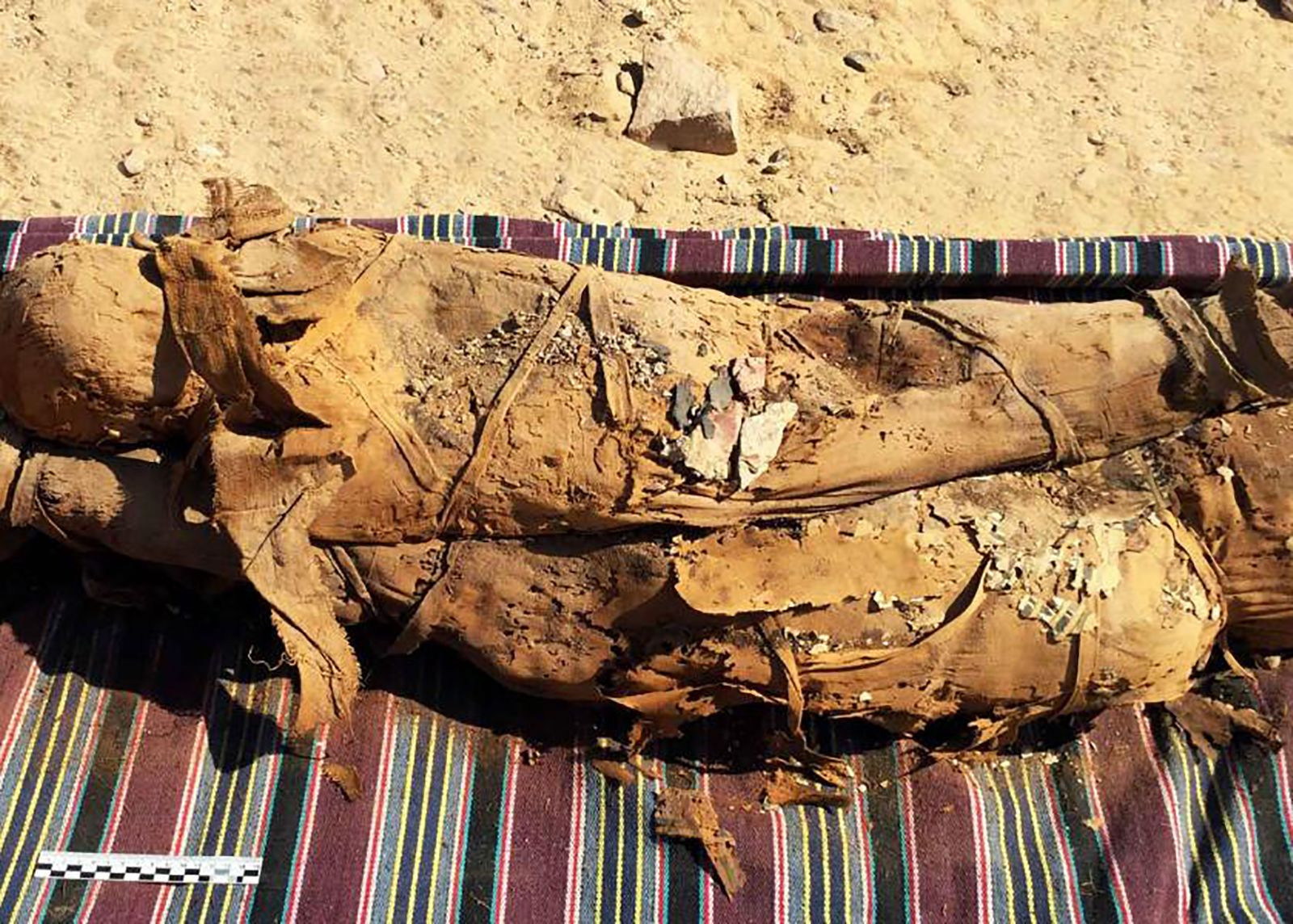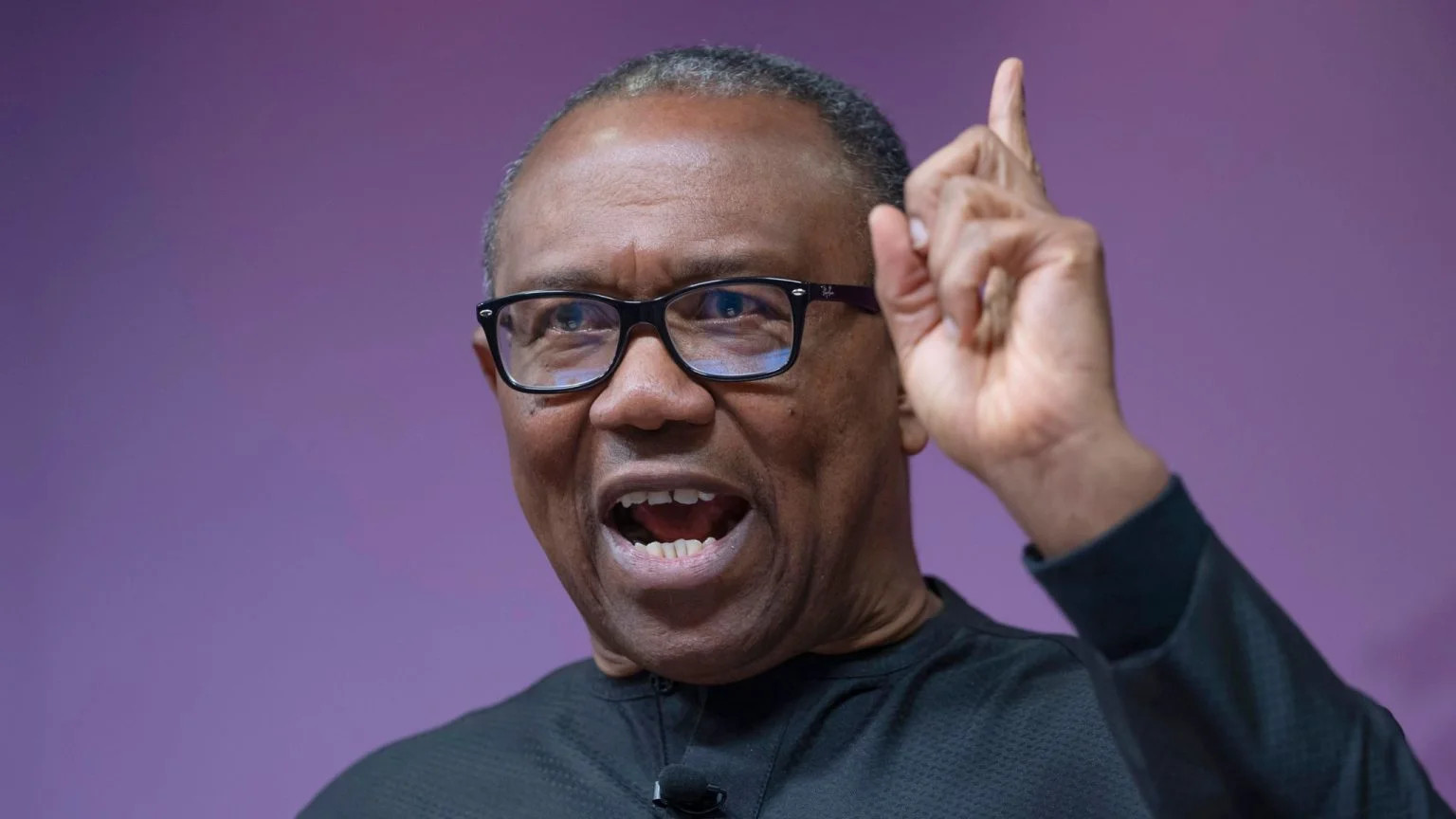UK Deportation of Pastor Tobi Adegboyega: A Controversial Case
The United Kingdom's decision to deport popular Nigerian Pastor Tobi Adegboyega has sent ripples across the globe, sparking intense debate and raising serious questions about financial transparency and the role of religious leaders. The case centers around Adegboyega's leadership of SPAC Nation, a church that has faced numerous allegations of financial misconduct, prompting investigations and ultimately leading to his deportation.
SPAC Nation's Financial Troubles and Allegations
Adegboyega, the founder of SPAC Nation, has been accused of mismanaging over £1.87 million in church funds. The UK authorities, concerned about a lack of transparency and accountability within the church’s financial operations, shut down SPAC Nation. These financial irregularities, coupled with other serious allegations, formed the basis for the immigration tribunal’s decision to order his deportation. The Charity Commission's findings of “serious misconduct and/or mismanagement” further solidified the case against Adegboyega.
Accusations of Cult-like Practices
Adding to the controversy, former members have accused SPAC Nation of operating as a cult, allegedly pressuring vulnerable individuals, many from impoverished backgrounds, to donate excessive amounts of money. These allegations include claims of individuals taking out loans, committing benefit fraud, and even selling their own blood to contribute to the church's coffers. The accusations paint a picture of a church that exploited its members for financial gain, a stark contrast to the image of a charitable organization that Adegboyega attempted to portray.
Adegboyega's Defense and the Tribunal's Decision
Adegboyega's legal team vehemently denied the accusations, claiming that the allegations against him and SPAC Nation were politically motivated. They presented him as a charismatic community leader who had positively impacted the lives of many young people from Black communities in London, citing alleged endorsements from prominent figures like former Prime Minister Boris Johnson and senior Metropolitan Police officials. The pastor argued his deportation would breach his human rights, referencing his marriage to a British woman and his community work. He contended that his removal would not only negatively impact him personally but would also leave his projects and community initiatives in disarray.
However, the immigration tribunal found Adegboyega's evidence to be exaggerated and lacked sufficient proof. The tribunal found that the claims of widespread positive community impact were unsubstantiated, and that the church's work would not suffer significantly in his absence. Furthermore, the tribunal deemed that his family ties had been established while he was in the UK unlawfully, therefore not overriding the grounds for deportation.
The Aftermath and Wider Implications
The tribunal's decision to deport Adegboyega highlights the complexities surrounding immigration law and the scrutiny faced by religious leaders when their financial practices come under investigation. The case serves as a cautionary tale of the potential consequences of financial mismanagement and the importance of transparency and accountability within religious organizations. While Adegboyega's supporters maintain that the case is politically charged, the weight of evidence presented to the tribunal seems to support the deportation order. Adegboyega's continued protests and claims of human rights violations, however, may continue to fuel the ongoing controversy surrounding this highly publicized case.
The case also raises important questions about the due process afforded to those facing deportation and the potential for bias in immigration proceedings. The significant financial and reputational damage done to Adegboyega and his SPAC Nation community necessitates further investigation and raises concerns about ensuring fair trials for all.
This case stands as a significant example of the growing need for increased regulation and oversight of religious organizations to protect vulnerable members and prevent the exploitation of financial resources. The future ramifications of this case could substantially reshape the landscape of religious practices and financial regulation in the United Kingdom.
Adegboyega's Future Uncertain
The deportation order effectively concludes Adegboyega's lengthy battle to remain in the UK. While this chapter closes, the impact of this case will undoubtedly continue to reverberate within the religious community and broader society. The implications of the court's findings and the ongoing debate surrounding the claims against SPAC Nation will continue to be scrutinized and discussed for many years to come. The focus now shifts to the implementation of the deportation order and the uncertainty about Adegboyega's future in Nigeria. While his deportation is final, the echoes of this case will continue to serve as a cautionary tale, reminding religious leaders and organizations alike of the importance of ethical conduct and financial transparency. The details of Adegboyega’s life in Nigeria after his deportation will likely remain a subject of speculation for the immediate future.



















